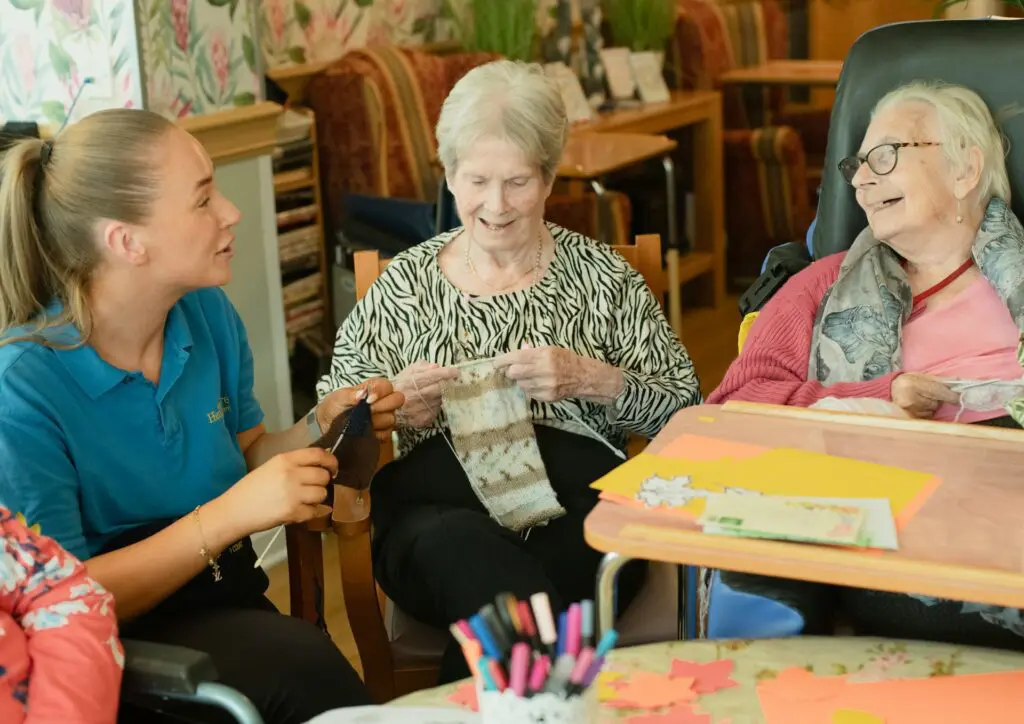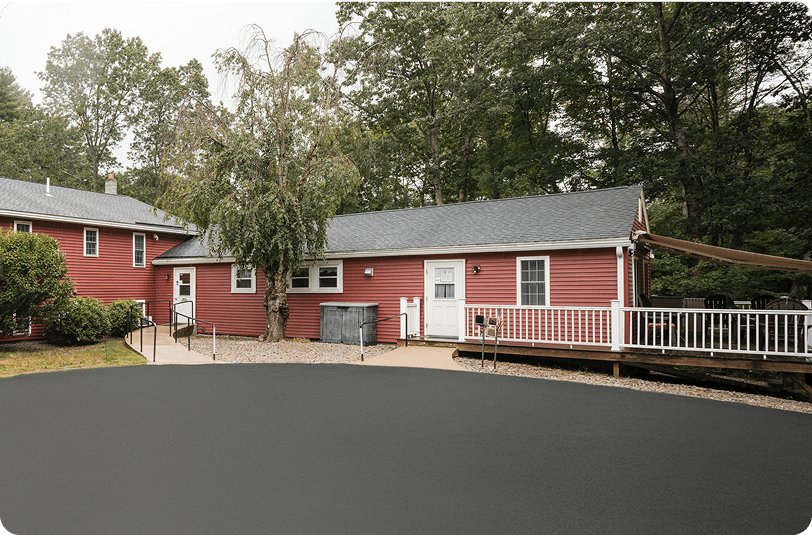As our parents age and we begin thinking about things like assisted living, dementia, and other elements of aging, many of us are also raising children. Often children can cope with major life changes more easily than we expect—and in many cases, the reactions of adults in their lives can be the hardest thing for them to deal with. At the same time, changes to a beloved grandparent’s attitude, memory, and personality can be difficult for a child to comprehend. We’ve put together three tips for talking to your child about dementia and helping them adapt to the changes it may bring.
Don’t Avoid The Topic
Especially at early signs of dementia, symptoms can be confusing and sometimes even annoying—and the honesty of children can be hurtful. If grandma or grandpa is telling the same story over and over again, you may want to pull your kids aside to make sure they understand that rolling their eyes and pointing out that they’ve heard the story before is likely to cause hurt feelings. On the other hand, if grandpa is slipping up and calling a child by the wrong name, your kid may feel hurt.
Your kids may be aware and willing to talk about things before you are ready to face the possibility of dementia—or before your parents are ready to talk about it. While you don’t need to have a detailed conversation, it’s important not to invalidate your kids’ experiences. If you’re not ready for a big conversation, consider explaining that as grandma and grandpa get older, they may forget things more often.
Prepare Your Children Before Visiting A Memory Care Facility
If your aging parent has transitioned to live in a memory care facility, visiting them can be important for every member of your family. But it also involves big changes—if your child is accustomed to visiting grandma’s house, seeing grandma in a nursing home can be overwhelming. They may also be encountering other elders with memory loss as well—some of whom may want to interact with your child, or may think they know you. What’s more, your own anxieties are likely palpable to your child, even if you think you’re hiding them.
Before your first visit with your child, you should make sure that you have visited so that you know what to expect. In addition, scope out any areas that may be of particular interest to your child, whether that’s a waiting area with toys and magazines, or just a quiet corner where you can take them if they need a moment alone. If your child is gregarious, interacting with other older people may not be a concern, but for a more shy child, you may want to let them know that other “grandparents” may be as happy to see them as their own grandparent is. Finally, consider having a set amount of time for your visit, and stick to it—and make sure to talk to them afterward about what they did and didn’t expect, and what they want to know for future visits.
Consider Long Term Effects & Anxiety
There’s a good chance, if one or both of your aging parents is struggling with dementia or memory loss, that you have dealt with a certain amount of anxiety about whether you will also experience dementia as you age. Your children may have the same worries.
Whether or not your child is old enough to understand the concept of hereditary illnesses, any experience of illness or mortality is likely to make a child think about how it will affect other people in their life (and themselves!). For some, this may be a passing concern that can be allayed with a few answered questions, but for others, the worry can fester and impact their day-to-day lives. If your child is struggling with this and impacting their day-to-day life, consider talking to their pediatrician about the best options.
An aging grandparent may be difficult for your child to come to terms with just as you are coming to terms with your aging parent, but regular conversations can help make sure your child understands and can cope with the changes that come with memory loss and/or dementia.















